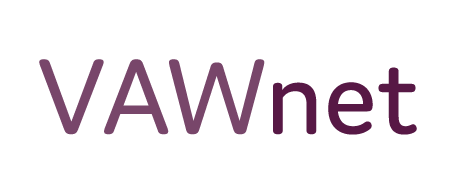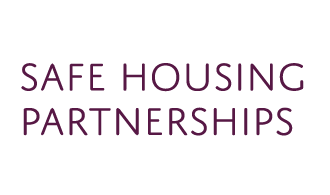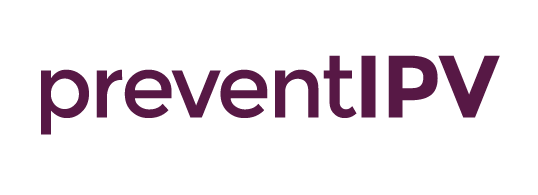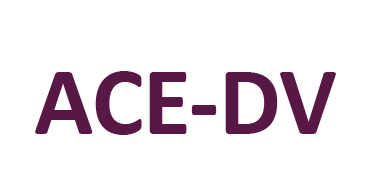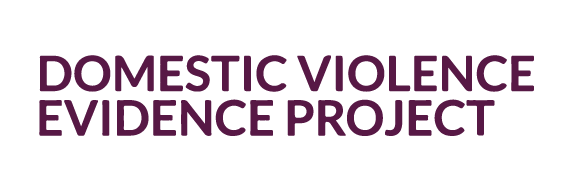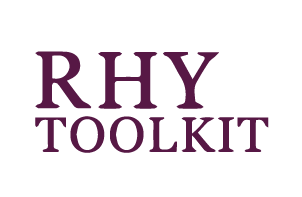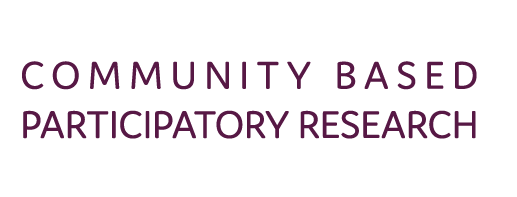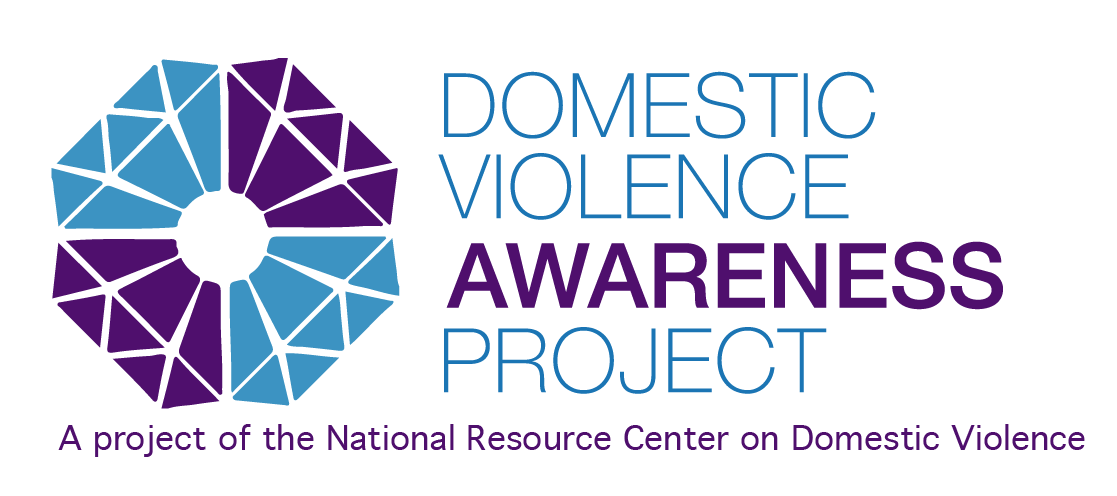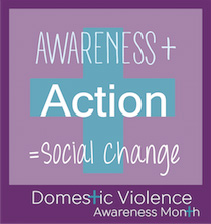5 Takeaways & Lessons Learned at Facing Race 2018
National Resource Center on Domestic Violence (NRCDV) is devoted to continual learning and education around racial justice as a core element of our gender and social justice work. We refer to this collective journey as our Racial Justice Initiative. For our organization, this means that our staff and board at all levels are dedicated to investing in racial equity and bringing it to the front and center of our work. This November, it also meant that several of my colleagues and I were able to attend the #FacingRace 2018 Conference.
